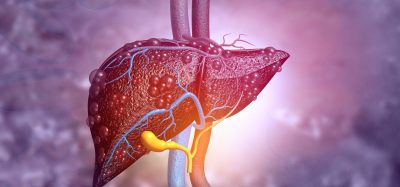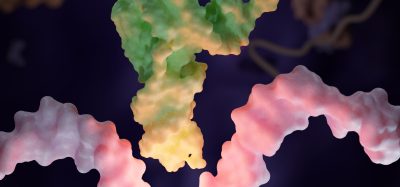NRG Therapeutics to develop small molecule disease-modifying medicines for debilitating chronic neurodegenerative disorders
Posted: 24 June 2022 | Ria Kakkad (Drug Target Review) | No comments yet
NRG is developing a pipeline of brain-penetrant small molecule inhibitors of the mitochondrial permeability transition pore (mPTP) with potential as first-in-class treatments for Parkinson’s disease and motor neuron disease.


NRG Therapeutics Ltd, UK, has announced that it has received a highly competitive Biomedical Catalyst (BMC) award to fund preclinical development of its novel small molecule disease-modifying medicines for the treatment of Parkinson’s disease, motor neuron disease (MND) and other debilitating chronic neurodegenerative disorders. The £2.68 million early-stage BMC award part-funded by the government-backed agency Innovate UK will support a 24-month project, commencing this month.
The BMC award will advance NRG’s proprietary inhibitors from lead optimisation through to completion of Investigational New Drug (IND)-enabling good laboratory practice (GLP)-toxicology studies with its lead asset.
Scientists discover new molecule that kills hard-to-treat cancers
READ MORE
NRG is applying ground-breaking science in the field of mitochondrial biology to develop first-in-class treatments for Parkinson’s, MND and, potentially, other neurodegenerative disorders. Its approach is based on inhibiting the mitochondrial permeability transition pore (mPTP) in brain cells which has been shown to be neuroprotective in several preclinical models of Parkinson’s and MND.
Mitochondria are the powerhouses or batteries of cells and therefore essential for maintaining cell health but there is now a substantial body of evidence showing that mitochondrial failure or dysfunction is common across many degenerative diseases. NRG’s investigational new drugs have been shown in vitro to protect mitochondria and prevent the death of brain cells and therefore have the potential to halt or significantly slow the progression of disease in individuals with Parkinson’s or MND.
FREE WEBINAR: Improving Huntington’s disease drug discovery with new reproducible disease models
If successful, the project would deliver the first disease-modifying medicine to halt or slow disease progression for people with Parkinson’s who are currently treated through management of disease symptoms only. PD affects six million individuals and is the fastest-growing neurological disorder in the world, and so a major healthcare challenge for society.
Related topics
Biopharmaceuticals, Disease Research, Molecular Biology, Molecular Targets, Small Molecules
Related conditions
Motor neuron disease (MND), Parkinson's disease
Related organisations
NRG Therapeutics Ltd







